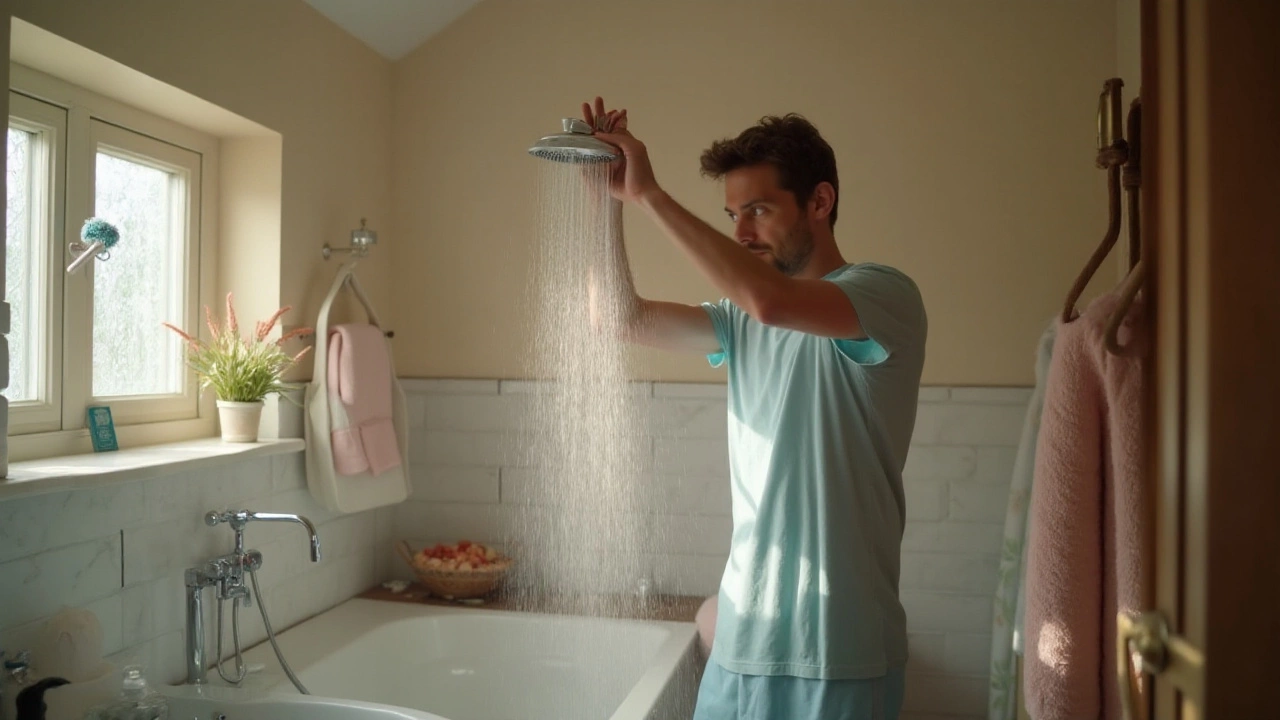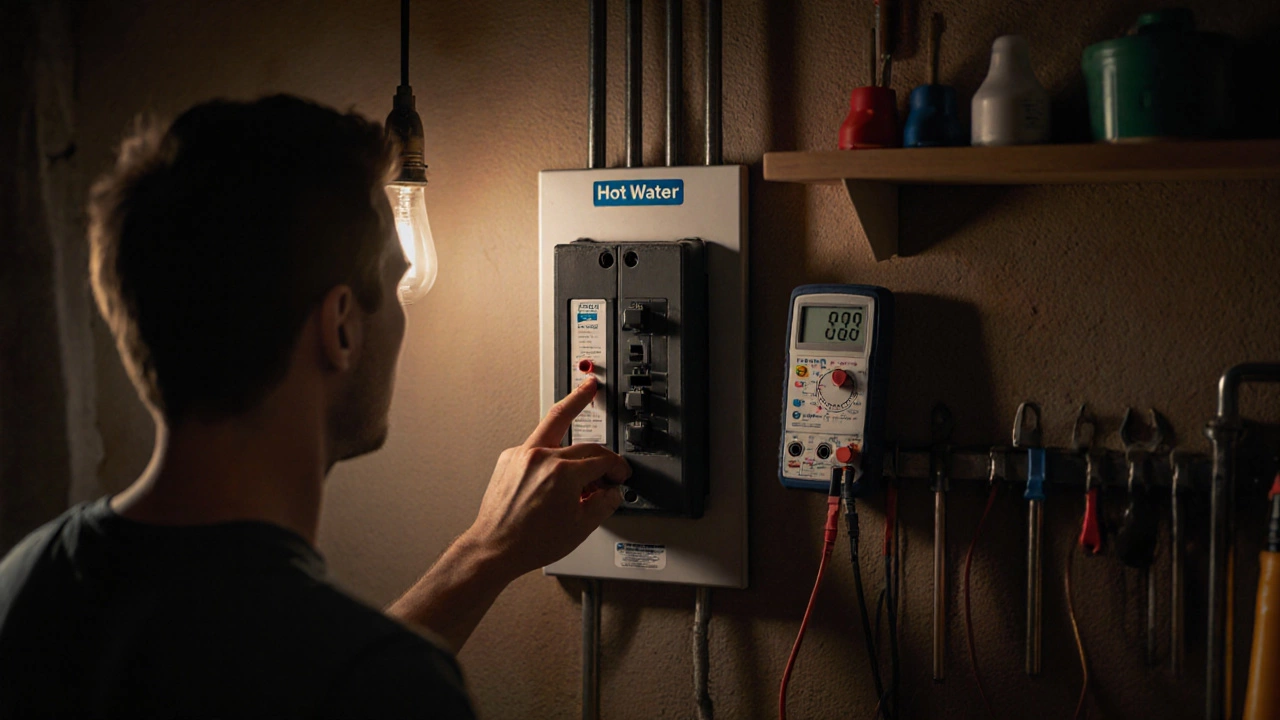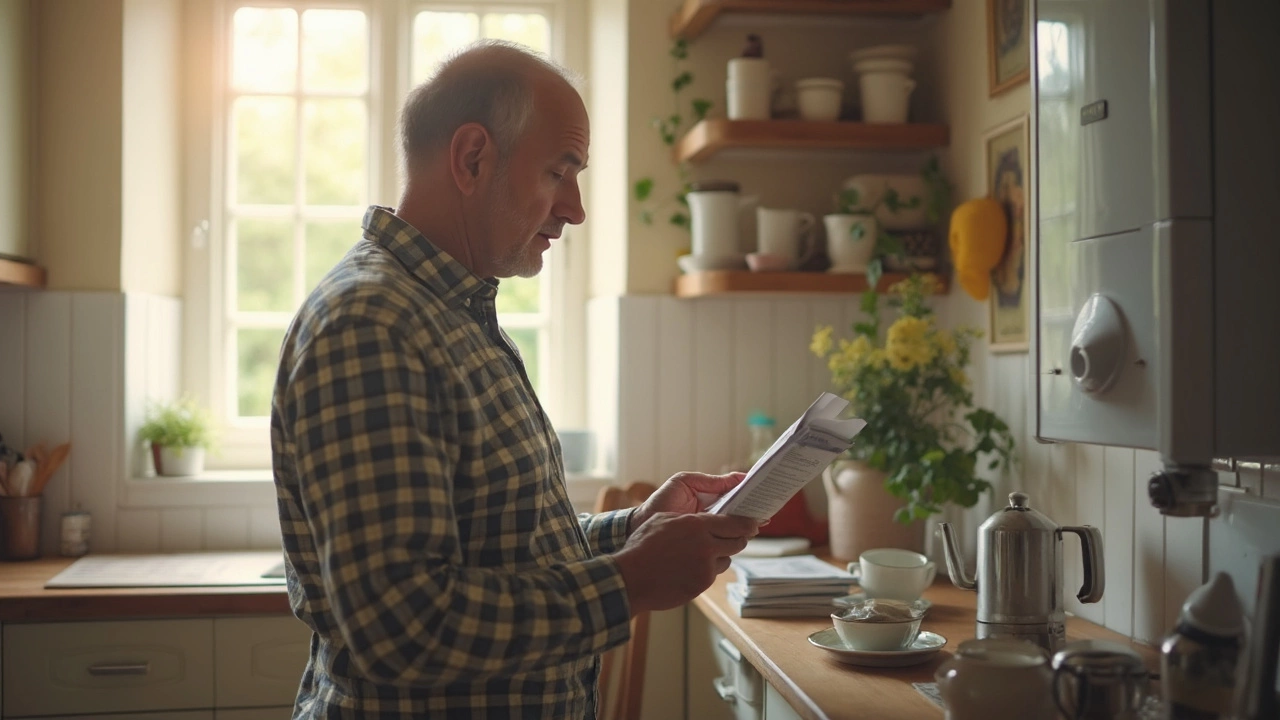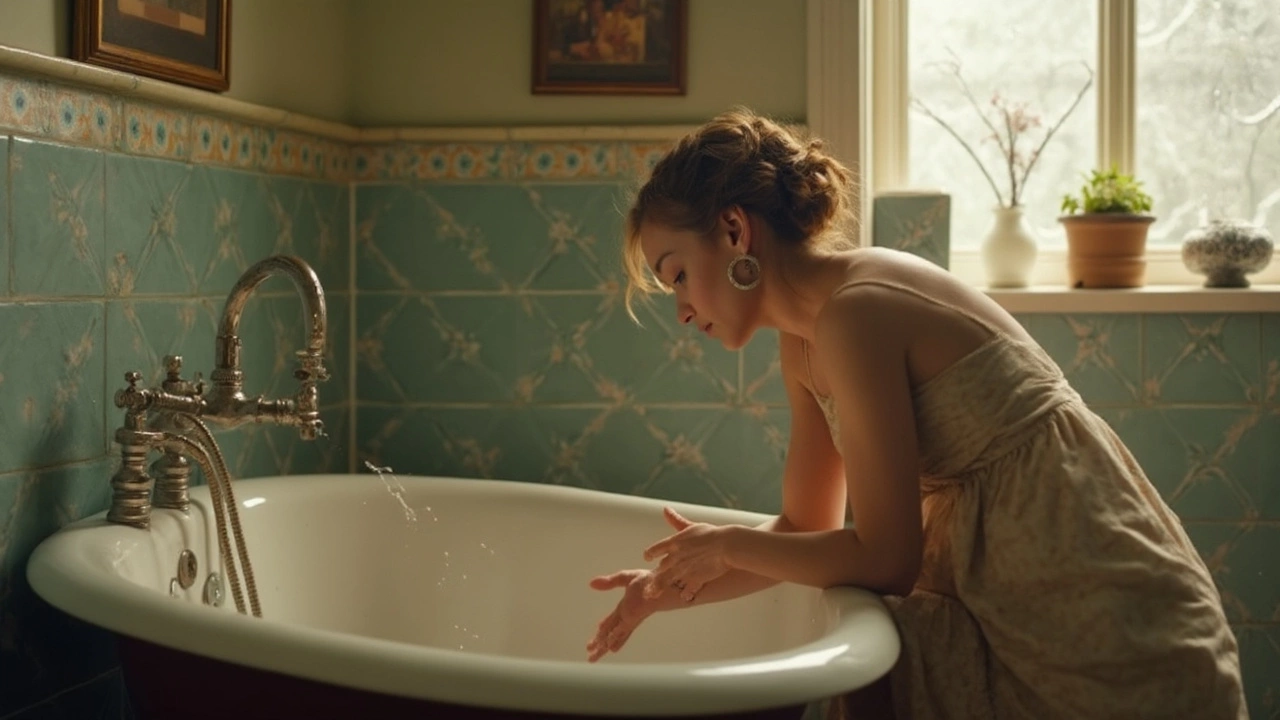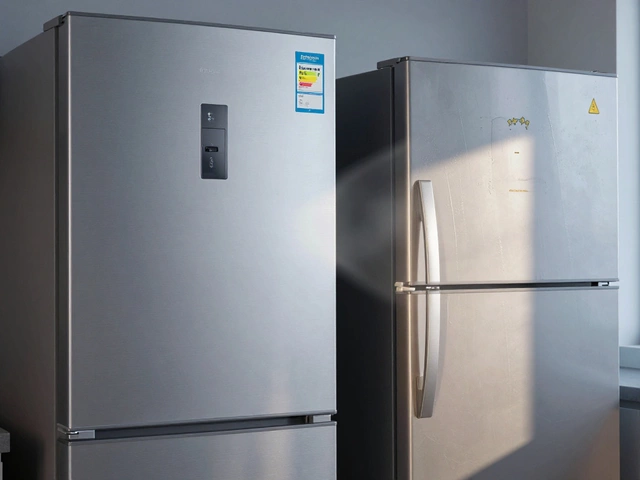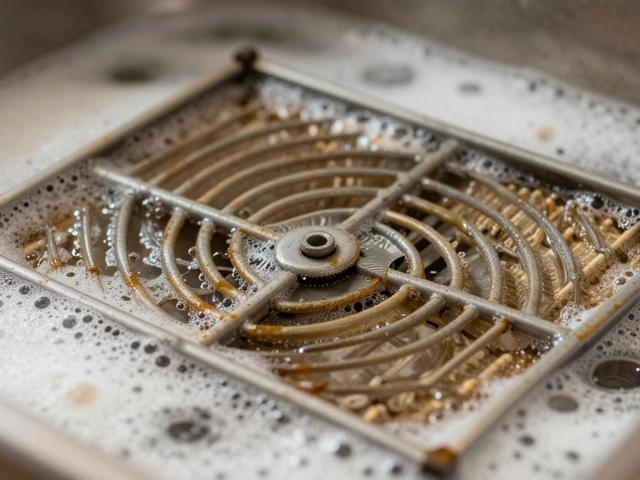We've all been there. You turn on the shower, eagerly awaiting the soothing embrace of warm water, only to be met with a cold rush. Not exactly the invigorating experience you were hoping for, is it?
Addressing a lack of hot water in the shower can be daunting, but with a bit of guidance, it's a problem you can tackle head-on. There are several potential culprits in this chilly mystery, from issues with the water heater to problems lurking right under the showerhead.
Understanding the root of the issue is the first step toward a resolution. With a few practical steps, you'll have that shower steaming in no time—and maybe even learn a thing or two about your home’s water system along the way. So, let’s dive in and get your shower running hot once again.
Identifying the Problem
Troubleshooting when there's no hot water in your shower may feel like an overwhelming challenge, but it is often a process of elimination. To start, the first step is to determine whether the problem lies solely with the shower or is affecting your entire household. A quick test is to check if your taps in the kitchen or other bathrooms produce hot water. If they do, the issue is likely isolated to your shower. On the other hand, if the hot water is absent throughout the home, the culprit could very well be your water heater or an associated component.
Begin your sleuthing by adjusting the thermostat on your water heater. Over time, settings can inadvertently change, or it might have malfunctioned without you noticing. Ideally, the temperature should be set at around 120°F (49°C). Water heating units often include a reset button, which might solve the problem if a simple fault triggered a safety shutoff. For gas water heaters, ensure that the pilot light is on. If it flickers out repeatedly, this could indicate a larger problem needing professional attention.
Another method involves listening. Yes, sound can be a clue here. Observe if any odd noises emanate from your water heater when in operation. Rattles, hisses, or whistles all hint at obstruction or sediment build-up, which interferes with heating efficiency. Routine maintenance, including flushing the tank, can mitigate sediment concerns and restore optimal function.
"Water heaters are like the heart of your home’s plumbing system. Understanding their nuances keeps the warmth flowing." — Plumbing Specialist from New Zealand Plumbing Association
For those with electric heaters, inspect breaker panels as tripped breakers halt operations. An electrical issue could be the root cause, especially in older systems where wiring may degrade. Don’t forget the critical factor of age—water heaters over ten years are more prone to failures and may warrant a replacement to curb recurring issues. Remember, newer models boast improved energy efficiency, which can be a satisfying investment.
Lastly, consider the shower setup itself. Many modern setups use mixing valves to control water temperature directly at the showerhead. If these components are misaligned, corroded, or faulty, it can mislead you into thinking the water heater is at fault. Inspect these components carefully; sometimes, a simple cleaning or adjustment can make a world of difference.
| Common Issue | Potential Cause |
|---|---|
| No Hot Water House-Wide | Water Heater Fault |
| Hot Water in Other Locations | Shower-Specific Problem |
| Frequent Temperature Variations | Malfunctioning Mixing Valve |
Common Causes of No Hot Water in the Shower
Few things are as frustrating as stepping into a shower that's not delivering the comforting warmth you expect. Before you can effectively resolve this issue, it’s crucial to understand its potential origin. Several common culprits might be to blame, and recognizing these can save both time and money.
One of the first places to investigate when there's no hot water is the water heater itself. This household hero, often tucked away in the basement or a utility room, can sometimes run into problems that impact its performance. Elements like the thermostat may be malfunctioning, leading to improper water temperature. For water heaters using gas, the pilot light could be extinguished. In the case of electric models, circuit breakers might be tripped. Ensuring your water heater is in optimal condition is the first step to getting things back on track.
Another aspect to consider is the plumbing system's age and maintenance. Pipes can accumulate sediment and mineral deposits over time, especially in areas with hard water. This accumulation can block the flow of hot water to your shower. Sediment can also settle in the water heater tank, reducing heat transfer efficiency. Regularly flushing out the tank is a preventive measure that can help maintain your hot water supply.
"Understanding the root causes of plumbing issues can save homeowners from unnecessary repair costs." – Home Repair Expert, Jane McNeil
Sometimes, the issue might not be with your water heater at all but with the shower fixtures themselves. Shower valves, often hidden behind the scenes, regulate water mixture. Over time, these too can wear out or accumulate mineral buildup, preventing the proper delivery of hot water. A faulty valve might need replacement to restore your shower’s performance. Regular checks and maintenance are essential to prolonging the life of these components.
Before jumping to conclusions, consider checking for unintentional human interference. It's not unheard of for someone else in the household to have adjusted the settings without your knowledge – perhaps for an energy-saving attempt or to prevent scalding water for younger family members. Ensuring coordination and understanding across your household regarding water usage and settings can sometimes solve the ‘no hot water’ riddle quicker than you’d imagine.
Interestingly, climate can also impact the efficiency of your water heating system. In colder months, water entering your home may need more energy to heat up to desired levels, putting extra load on the system. Ensuring your water heater is adequately insulated can help mitigate this seasonal effect. Conducting annual maintenance checks before winter settles in can prevent surprises when you least expect them.
| Cause | Action |
|---|---|
| Faulty Thermostat | Check and reset thermostat settings |
| Pilot Light | Ensure it is lit, if not, relight according to manufacturer’s instructions |
| Sediment Buildup | Flush the water heater tank |
The knowledge of these common causes empowers you to troubleshoot effectively or decide when it’s time to call in a professional. By maintaining awareness of your home’s water and heating systems, you'll keep those hot showers flowing consistently.
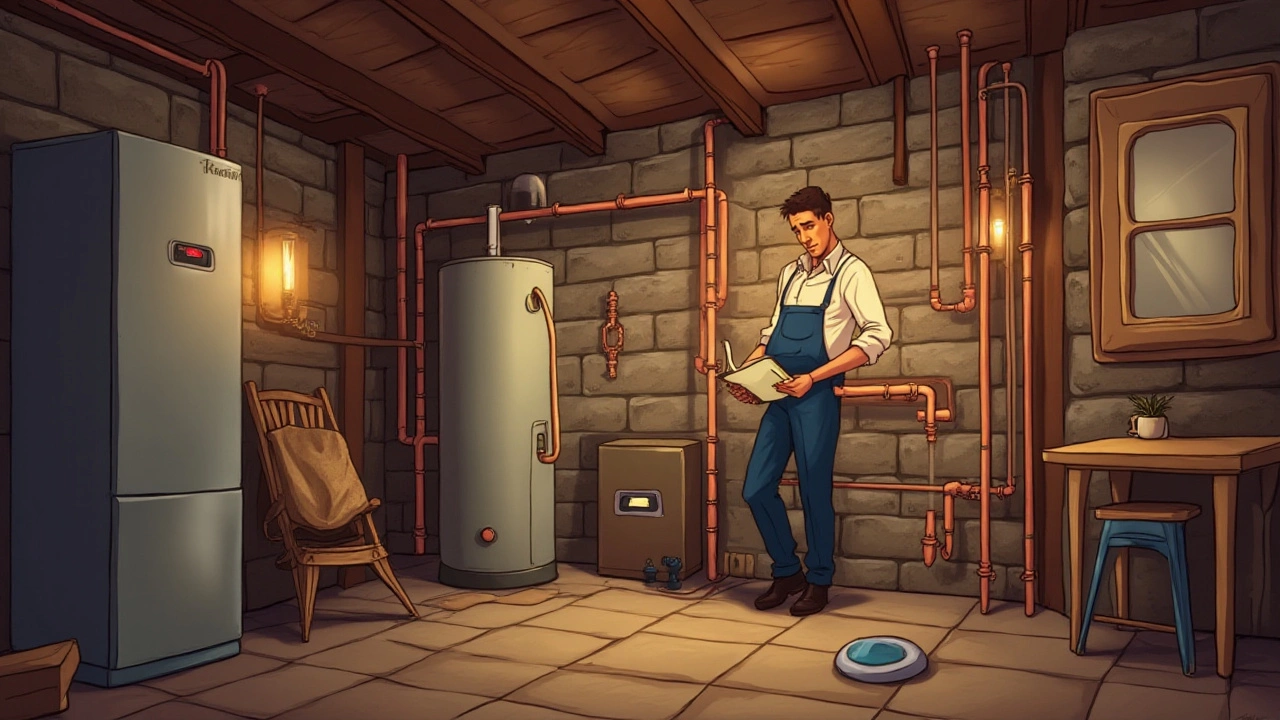
Step-by-Step Solutions
When you're faced with no hot water, it’s important to approach the problem logically and systematically. This will save you time and potentially prevent unnecessary expenses. Let’s begin with the first suspect: the thermostat on your water heater. Make sure it is set to an adequate temperature, usually around 50-60°C. Sometimes, during routine cleaning or maintenance, the settings might get accidentally adjusted. Check for a reset button. If you find one, press it to see if that restores the hot water. If the issue persists, it might be time to inspect other components.
Next, it’s worth checking the power supply, especially if you have an electric heater. Possibilities include blown fuses or tripped circuit breakers. Ensure that all switches are flipped to the ‘on’ position. Older systems might need attention due to warping or wear. If it seems like your heater is receiving power correctly, but it still doesn’t work, the heating element might be the culprit. These can be tested with a multimeter for continuity. A lack of continuity indicates a failed element that needs replacing.
Those with gas heaters need to verify that the pilot light is lit. It could be extinguished by a draft or brief gas outage. Relighting it involves carefully following the manufacturer’s instructions, which are typically found on the unit. However, a pilot light that frequently goes out might need professional adjustment. Gas burners also require seasonal inspection to ensure the jets are not clogged and allow proper flow. It might take a simple cleaning to solve the hot water issue.
If after examining these elements, you’re still facing no hot water, the issue might lie within your shower fixtures. Sediment build-up in showerheads and pipes can obstruct water flow, affecting the temperature. Detaching the showerhead and soaking it in vinegar overnight can dissolve mineral deposits, often solving low pressure or inconsistent temperature issues. Also, it's important to inspect mixing valves, as faulty ones could blend more cold water than necessary, causing a chilly shower.
“Regular maintenance and prompt repairs can extend the life of your water heater by up to 25%.” — Home Appliance Review
In some cases, discrepancies can also be traced to the dip tube within the heater itself. The dip tube directs cold water to the bottom of the tank for heating. If it breaks, incoming cold water will mix with the hot water at the top, prematurely cooling it. This defect is common in older models or those composing faulty plastic materials, necessitating replacement to restore functionality.
Finally, if all else fails and no apparent solution emerges from these steps, it may be time to call in a trusted professional. Don’t let frustration take charge. An expert can offer a comprehensive diagnosis and sustainably solve the shower repair dilemma. Before choosing to contact a plumber, you may want to consider the system's age. A water heating system that is more than 8-12 years old might not be worth repairing and would better be replaced entirely for efficiency and safety.
When to Call a Professional
Sometimes, the complexities of a water heater fix surpass our DIY abilities. While it's always satisfying to solve things on your own, there are certain instances when reaching out for professional help can save both time and frustration. Delving into the nuances of a home's plumbing system requires specialized knowledge, particularly when the problem is not immediately obvious. Professionals have the experience and tools to diagnose issues that might elude even the most diligent of homeowners. For example, if you hear strange noises coming from the water heater, it could indicate sediment buildup, faulty heating elements, or other internal issues that only a professional can adequately assess and address.
Another critical indicator for calling in the pros is when the issue recurs despite your best efforts. It's notable that chronic problems might suggest systemic issues that aren't easily visible. An ongoing problem with no hot water might signal bigger underlying issues, such as a malfunctioning thermostat or even wiring problems if you're using an electric heater. Attempting to fix electrical problems without proper knowledge could be potentially dangerous. Inviting an expert not only ensures safety but can also protect long-term investments in your water heating system.
If your system is relatively new and still under warranty, you should definitely have a professional handle the repairs. Attempting to tackle it yourself can void warranties, and given the potential problems that stem from improper handling, risking warranty coverage might not be worth it. In addition, there are local regulations and codes concerning water heater repairs that vary greatly, and licensed professionals tend to be well-versed in them—ensuring all fixes comply with relevant legal standards, which can be easily overlooked by the average homeowner.
As the New Zealand Energy Efficiency and Conservation Authority estimates, an energy-efficient water heater can save up to 30 percent on energy bills annually. If your energy costs are inexplicably high, this might hint at a hidden issue like an inefficient system, electrifying your need to engage with an expert. Professionals can provide targeted advice and solutions tailored to your specific energy needs and help you make effective long-term changes.
“When in doubt, consult a professional—certainly if the problem seems daunting or repairs require disconnecting major systems,” advises Martin, a seasoned plumber from Plumbforce who’s seen it all when it comes to residential plumbing in Auckland.
These complexities show the wisdom in knowing not only when to try solving shower repair issues yourself, and when to reach out for seasoned professional assistance. Engaging with a professional can prevent minor problems from escalating into major ones, ensuring a steady supply of hot water and the peace of mind that you are in good hands—a surefire way to keep the waters flowing and energies high in your household.
